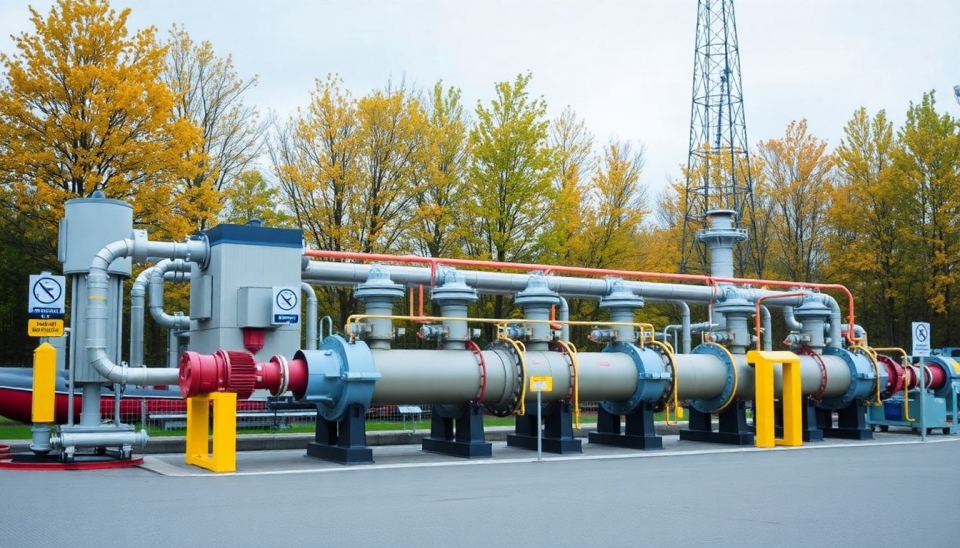
In a significant financial maneuver, Germany has agreed to take on approximately $600 million in debts associated with Northvolt, the Swedish battery manufacturer that recently declared insolvency. This decision marks a crucial intervention by the German government in a developing crisis in the European battery supply chain, which has seen increasing pressure amidst rising production costs and supply chain challenges.
The measure to absorb Northvolt's debts comes as part of a broader strategy aimed at safeguarding the burgeoning electric vehicle (EV) industry within Europe. Northvolt, hailed for its promise to produce sustainable lithium-ion batteries, has faced financial headwinds that culminated in its insolvency announcement earlier this month. Germany’s involvement in this situation reflects both the importance of Northvolt to the European market and the commitment of the German government to bolster domestic manufacturing capabilities in the face of global competition.
According to reports, Northvolt had been seeking additional funding to continue operations and to support its ambitious plans for scaling up battery production to meet the growing demands of the EV sector. Investors and stakeholders were hopeful that the company would navigate through its financial challenges but were met with disappointment when the insolvency announcement was made. This left numerous contracts and projects hanging in the balance, casting doubt on the future of key components in Europe’s transition to electric mobility.
The German government's decision is being viewed as a necessary intervention that not only aims to stabilize Northvolt but also seeks to ensure that the ongoing EV infrastructure projects are not derailed. Industry experts have noted that the bankruptcy of a key player like Northvolt could have rippling effects across the automotive and energy sectors, resulting in delays in production and potential job losses.
In addition to financial support, officials have indicated that the government may also consider further investment strategies to enhance the resiliency of the battery supply chain. This could include fostering partnerships between Northvolt and other manufacturers or investing in advanced technologies that can lower production costs and improve efficiencies.
As the situation continues to evolve, all eyes will be on the German government to see how effectively it manages this large-scale bailout and what the implications will be for the future of industrial manufacturing in Europe. The move underscores an increasing trend among European nations to take a more active role in supporting local industries, particularly in sectors deemed vital for the climate transition and economic recovery.
With Germany stepping in to rescue Northvolt, there is a glimmer of hope that the company can restructure its operations and emerge from insolvency stronger than before, thereby securing its role in Europe's electrification ambitions. The coming months will certainly be critical for both Northvolt and the larger context of the EV market within Europe.
As stakeholders await further developments, the ongoing chapter of Northvolt will undoubtedly serve as a case study in crisis management and government intervention in the corporate sector during turbulent times.
#Germany #Northvolt #Insolvency #ElectricVehicles #BatteryManufacturing #EUMarket #SustainableEnergy #FinancialIntervention
Author: Liam Carter




